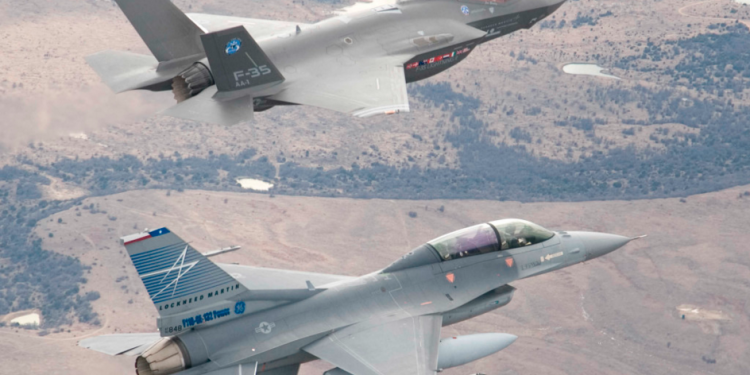New Delhi: India has conveyed to Russia its unwillingness to go ahead with the joint development of a fifth-generation fighter aircraft (FGFA) primarily due to high cost involved in the project, official sources said.
They, however, said the negotiations between the two countries on the ambitious project have not yet been shelved as India was ready to have a re-look at co-development of the jet if an appropriate cost sharing formula between the two countries was arrived at.
India and Russia had signed an inter-governmental agreement for the mega project in 2007, vowing to take the military ties between the two strategic partners to the next level. However, the project has been stuck for the last 11 years as there have been serious differences between the two sides on sharing cost of developing the jet, technologies to be used in it and number of aircraft to be produced.
The sources said the cost of the project has been estimated at around $30 billion or `2 lakh crore.
“Our position on various aspect of the project, including the cost component, has been conveyed to the Russian side and there has been no resolution to the issues yet,” a top official involved in the negotiations with Russia over the project said.
In December 2010, India had agreed to pay $295 million towards the preliminary design of the fighter jet. Later, both sides had expressed intent to contribute each $6 billion for final design and production of the aircraft in the first phase. However, they could not come out with a final agreement on it. “We have not closed our door on the project,” the sources said.
It is learnt that India was insisting on equal rights over the technology to be used in the aircraft but Russia was not ready to share all the critical technologies of the plane with New Delhi.
In the negotiations for the project, India had insisted that it must get all the required codes and access to critical technology so that it can upgrade the aircraft as per its requirements, sources said.
Too Little, Too Late
The shadow of Donald Trump, with trade and economic uncertainties linked to his return to the White House in January...
Read more





































